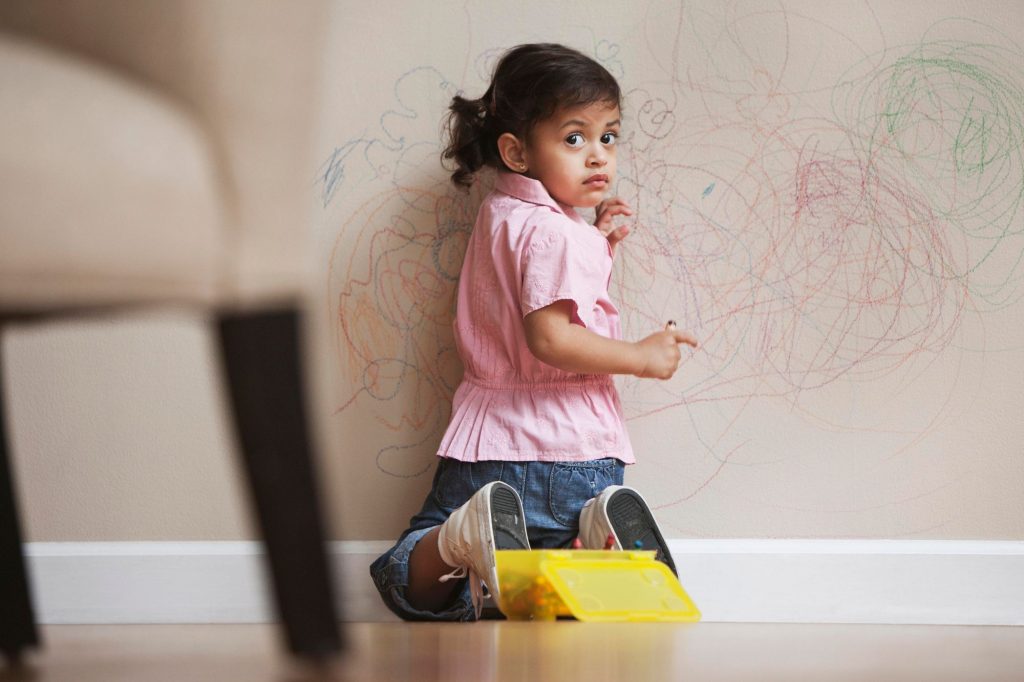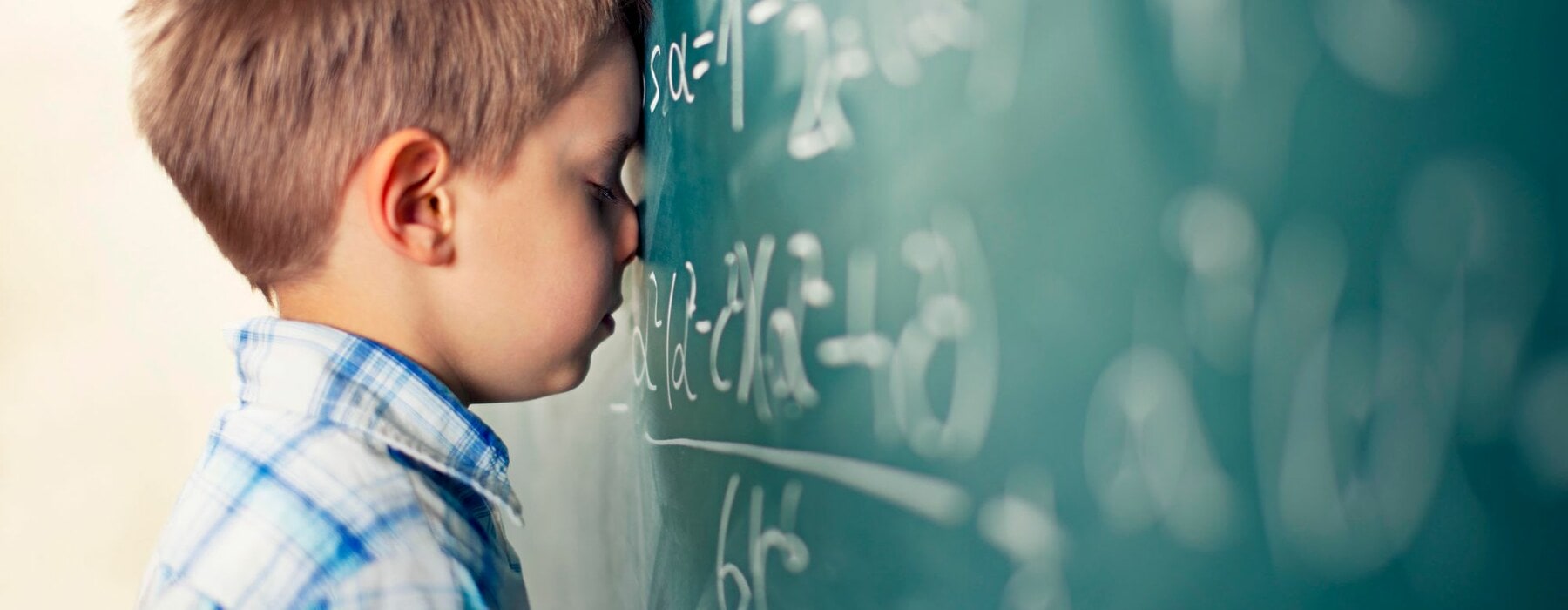Accidents and errors are all part of growing up, and teaching your kids how to cope with the consequences can help them think more about their actions.
Before we start, let’s make no mistake about it: You are amazing. You are beautiful. You are incredible. But you are also human, so you will make mistakes. And not only is that OK, it’s perfectly normal. As parents, grandparents and caregivers, we will make mistakes.
It’s how we react to our mistakes that makes the difference. It’s how we pick ourselves up and move on and how we learn from getting things wrong. These actions and our attitude not only make a difference for us, but they can make a huge difference to those around us, especially our little ones.
Because, let’s face it, our tamariki will make mistakes all the time. It’s a given and it’s all part of the learning process. From the moment they start to walk, start to investigate, start to put things into their mouths, and even start to talk – they will fall, they will poke, prod and pick things, they will attempt things way beyond their strength, ability and knowhow, and they will say the darndest things. But that’s as it should be – it’s all part of their development.

As kids get older the mistakes can get bigger and be more about decision making than experimenting. One of the first “errors of judgement” we experienced as new parents was when a water bottle was opened in the middle of our bed. Our little one came running. Instead of admonishing her, I thanked her for letting me know so quickly so I could do something about it, and she helped me strip the bed and put the washing on, as best she could as a toddler (that was nearly a mistake in itself!).
If we scold and berate our children when they make mistakes, they are less likely to come to us when they really need us. We want them to come to us, every time, so we can help sort out the mess or help them work through whatever situation they find themselves in. We’re not fixing things for them, but giving them strategies on how to undo, clean up and refrain from doing it again.
We’re not fixing things for them, but giving them strategies on how to undo, clean up and refrain from doing it again

Knowing that you are loved and that everything is going to be OK, even when you have slipped up, means so much – there’s no mistaking that!
1 Tell your tamariki you love them, at every opportunity. And love them unconditionally, regardless of how many mistakes they make.
2 “Let it go, let it go, don’t hold on to it anymore.” Deal with each situation, then let it go. It doesn’t benefit anyone if you keep a running tally of what was done by whom, and when.
3 Allow your children to make mistakes – not life-threatening ones, and certainly don’t set them up for failure – but allow them to learn what their boundaries are and, later, the consequences of their actions.
4 Try not to do it all for them. When your child asks a question, ask them what they think before giving your answer. That encourages critical thinking and allows them to reach their own conclusions. They may not get the answer right, but at least they’re learning to think for themselves.
5 Encourage your little ones. Acknowledge that they’ve learnt something really good from this situation, but use words of encouragement, not disparaging comments, to encourage them to make better decisions or to try harder.
6 Also encourage them to be responsible for their own actions, their own mistakes and to not blame others.
7 Share stories of your past mistakes and how you dealt with the situation. As your children grow older, you might try discussing the mistakes of those in the headlines, how those mistakes may have been prevented and the options that person may have in dealing with the situation.
8 Manners make a difference and an apology goes a long way to rectifying a situation that impacts on others. Ensure your children use their manners and are comfortable apologising to others.
9 Humour helps. If we can laugh at our mistakes, our tamariki can laugh at theirs. But help them appreciate that there’s a time and a place for everything – and sometimes the smile should be felt within.
10 One of the biggest mistakes we can make, as parents, is not looking after ourselves. How tired we are and what stresses we are dealing with can all contribute to how we react to any situation. Look after yourself.








